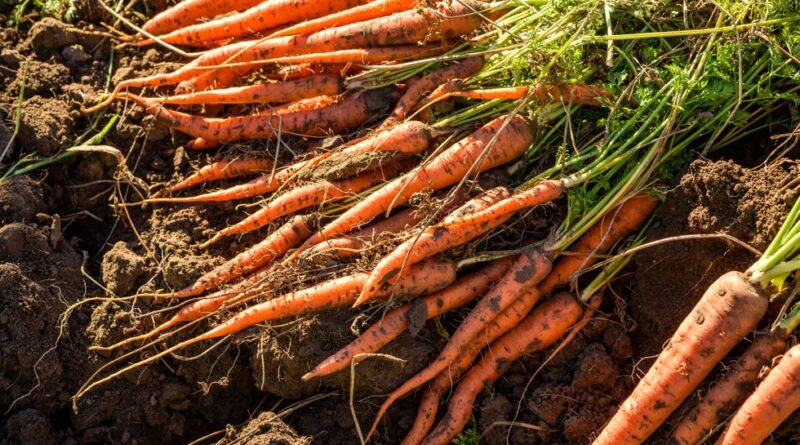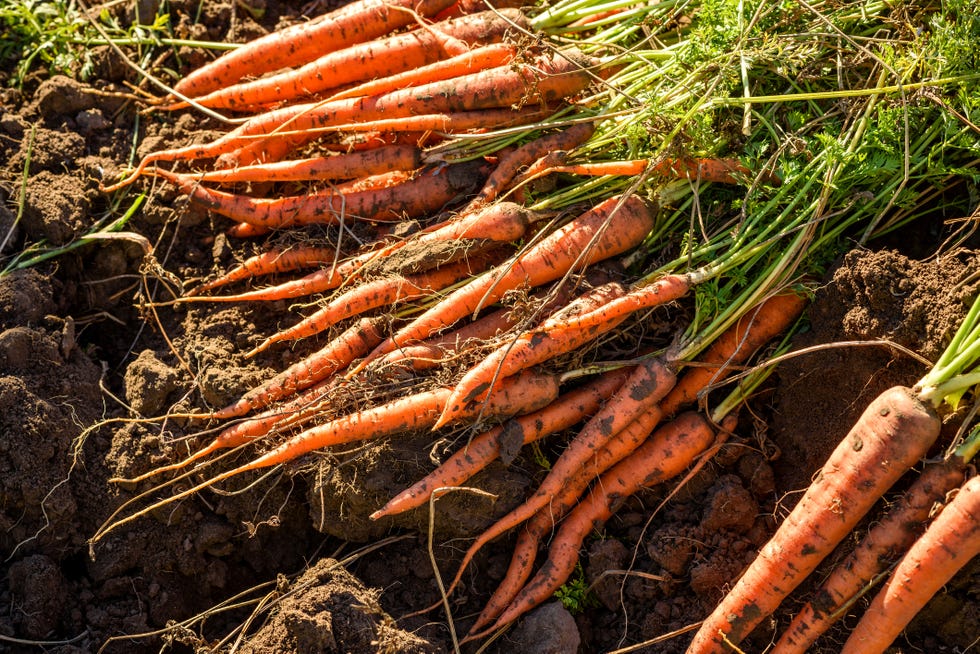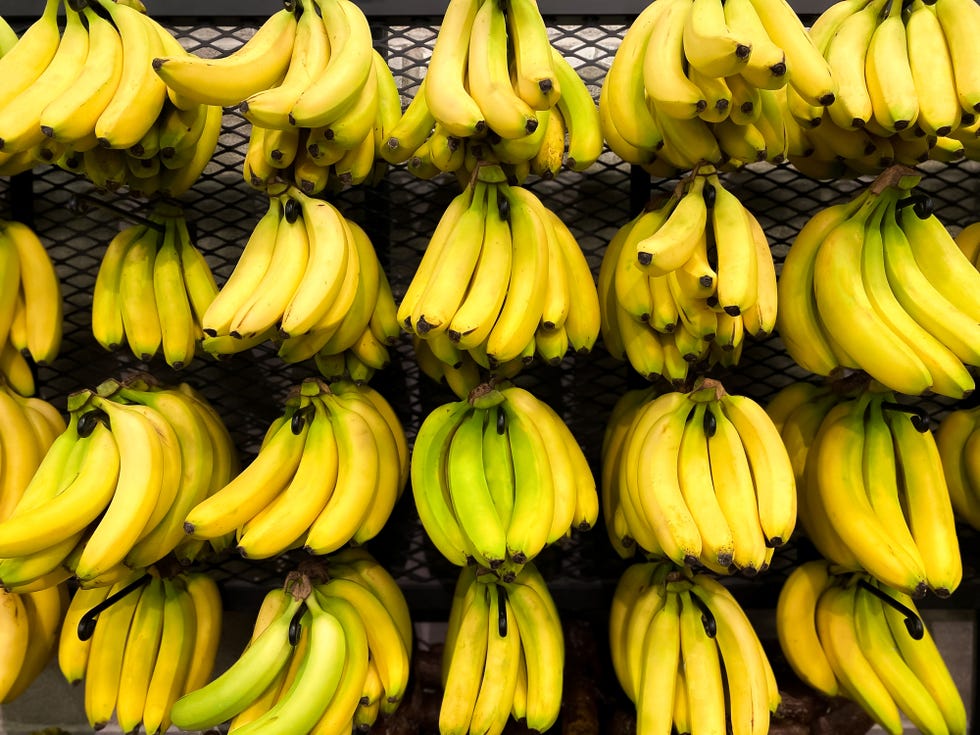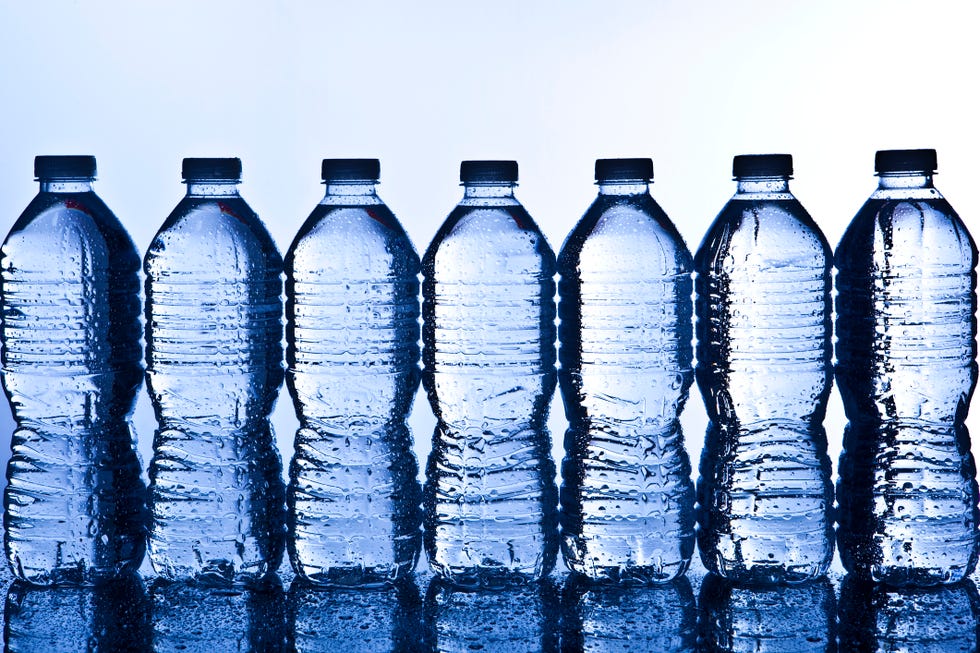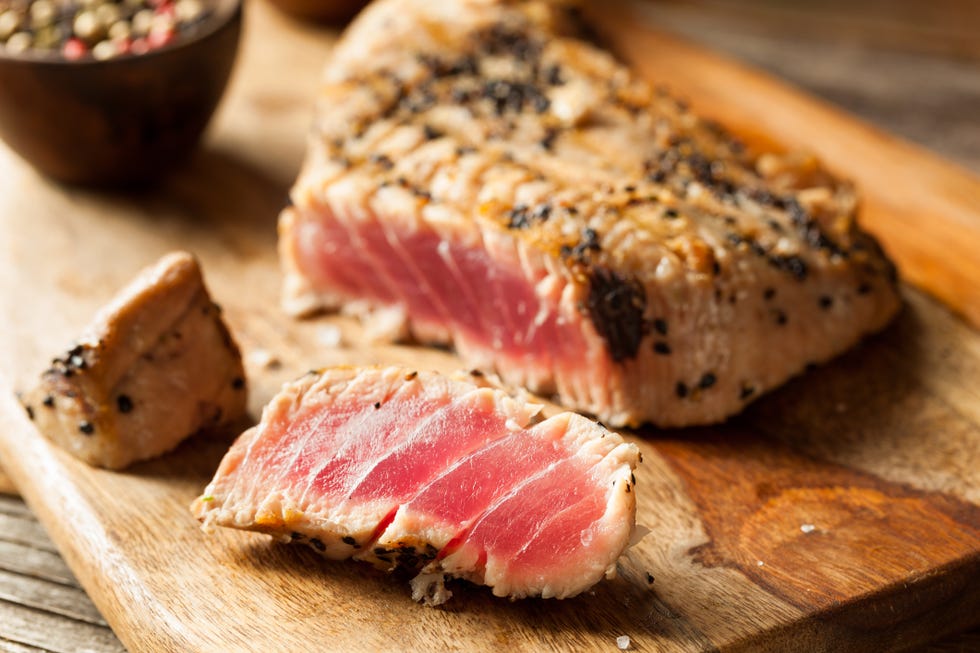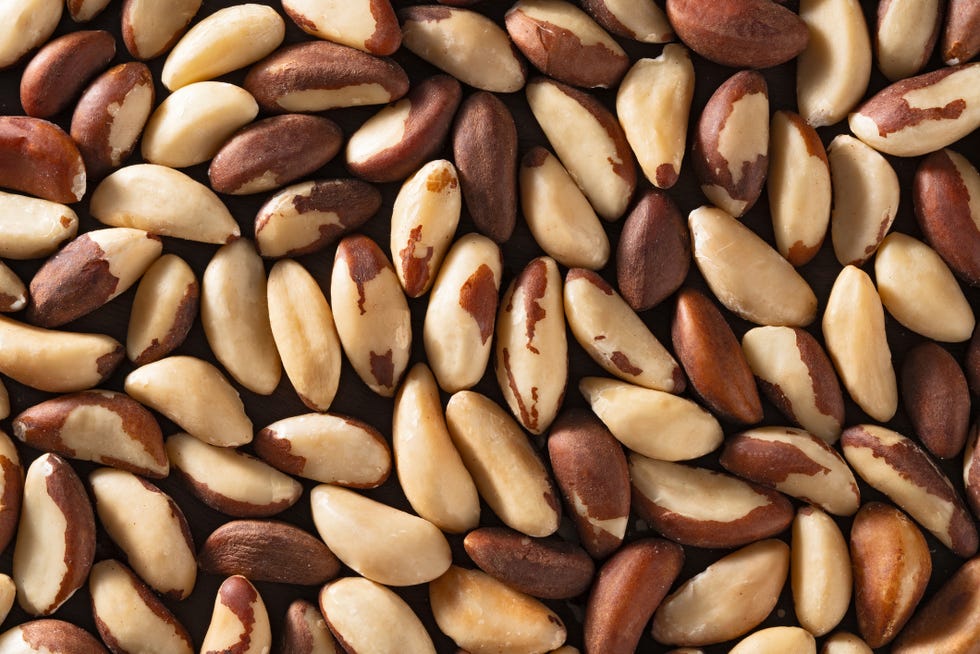5 healthy foods that can cause obesity, according to nutritionists
You probably already know that you should eat certain nutrient-dense foods in moderation. But did you know that the same is true of ingredients that are good for you? The old adage that too much of a good thing can be a bad thing actually has some merit.
There are certain foods that you can find in a healthy diet that, although they are good for us in a certain amount, they can harm us if we consume too much of them. Some of the side effects are just uncomfortable or uncomfortable. Some can actually kill.
We talked to nutritionists and health experts to find five “good” foods that can actually cause obesity if you eat too much of them. Here are five healthy foods you can overeat if you overdo it—including one that might be easier to eat than you might think.
Hiotes
Carrots are loved for their high levels of beta-carotene, which is key to maintaining good eyesight and boosting the immune system. But more is not necessarily better. According to Jennifer Altman, PsyD, RD, “eating too many carrots can lead to … carotenemia, in which there is too much beta-carotene in your blood,” she says. This can cause your skin to turn orange. Yes! Fortunately, the dangers of carotenemia do not extend beyond cosmetics. Altman says that, while “orange peel may seem scary,” the condition is not “dangerous to your health.”
The TikToker Isabelle Lux claimed that she got a tan by eating three carrots a day. He says he used to eat ten carrots every day, but his doctor advised him to cut back after he felt sick.
So, how much is too much? According to Altman, “we would need to consume 20-50 milligrams” of beta-carotene every day, which is 10 carrots. So as long as you don’t live on baby carrotsyou will probably be fine.
Bananas
It is high in potassium, bananas they are often respected for themselves heart health benefits. But it follows Kim Yawitzowner of Two Six Fitness in St. Louis, Mo, eating too much can be dangerous. “(Potassium)… can be harmful or fatal in high blood levels,” Yawitz shares. This particularly affects “people with kidney damage” whose kidneys are unable to “filter excess potassium from the blood.”
The rest of us are more prone to stomach aches. “Bananas contain sorbitol, a sugar alcohol that can cause a lot of gas, bloating and diarrhea,” says Yawitz. And then there is the added fiber and its side effects…to consider. Bottom line, a girl a day is still a good idea. It may not be necessary to have three in one afternoon.
Water
Water is essential nutrients for our bodies, and most of us try to increase our water intake every day. But of course, even hydration has a healthy limit. To follow Rosemary Troutdirector of the culinary arts and food science program at Drexel University, too much water can cause hyponatremia, an electrolyte imbalance that occurs when sodium levels are too low in the body. “Sodium is important (for) balancing fluid in and out of cells,” Trout says. Not having enough sodium equals a “health risk.”
How much is too much? According to a 2013 studythe maximum amount of water our body can process in one hour is 800-1,000 milliliters, which comes from 27-33 ounces. More than that, and we are at risk of hyponatremia.
Last August, a woman died while on vacation after drinking four bottles of water in 20 minutes. The cause of death was water intoxication, which is “when a person drinks too much water in a very short time until it destroys this balance of salt and water” in our body, Dr. Blake Froberg, a toxicologist at IU. Healthy Indiana, told TODAY.com So don’t throw away that 60-ounce water bottle, but maybe reconsider chugging the whole thing at once.
Tuna
Boasting high levels of Vitamin B12 and omega-3 fatty acidstuna is one of the most nutritious fish available. Unfortunately, all those health benefits come with a serious use of mercury: methylmercury, to be precise.
Trout says: “Tuna is a larger fish that eats smaller fish that may contain this chemical, so it accumulates methylmercury in the water along with the smaller fish.” As you can imagine, the dangers associated with consuming too much mercury are serious. “Eating high doses . . . “Working overtime can be harmful to the brain and nervous system,” says Altman.
Does that mean we should swear off tuna rolls and canned tuna forever? Not so much. It’s about limiting our consumption. Altman shares that, next FDA“albacore/white tuna and yellowfin tuna should be eaten once a week.” The rest of the time, we should stick to “low mercury” seafood like shrimp or salmon.
Brazil nuts
At first glance, brazil nuts seem like a victory for our body. They are full of heart-healthy monounsaturated fats, which help lower bad cholesterol, and have high level of seleniumwhich improves thyroid function and strengthens our immune system. This is where we run into problems. Although selenium is good for our bodies in small amounts, too much can be toxic, and it doesn’t take many brazil nuts to reach the dangerous zone. “One brazil nut contains twice the daily intake of selenium for adults,” says Yawitz. “Four to five Brazil nuts will get you close to the daily budget.”
According to Altman, “consuming too much selenium can … cause a variety of health problems.” Early side effects can include “garlicy breath, metallic taste, hair loss, and brittle nails,” while “continued overdose” can lead to “gastrointestinal symptoms and veins” and “myocardial infarction-aka, heart disease.
The moral of this story? All things in moderation. Eating a few carrots a day will not make your hands orange. Eating a banana as an afternoon snack won’t hurt your stomach. Even a single brazil nut, chopped and sprinkled over a salad, can be beneficial. Just don’t overdo it.
#healthy #foods #obesity #nutritionists
